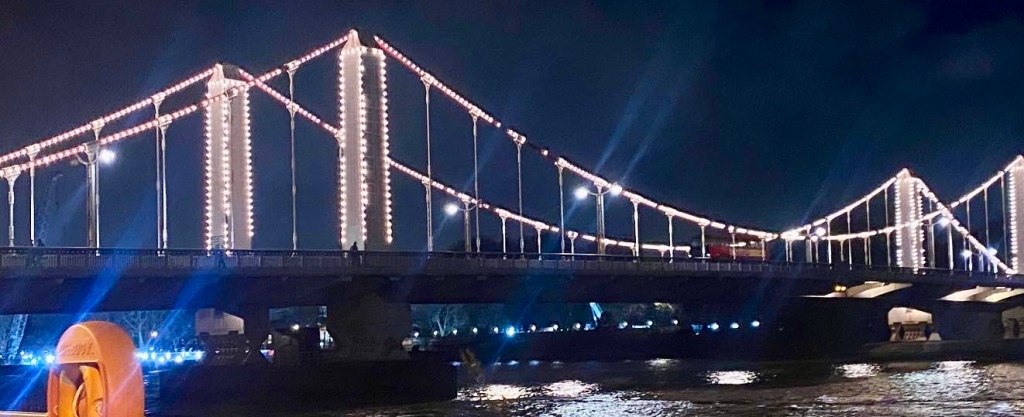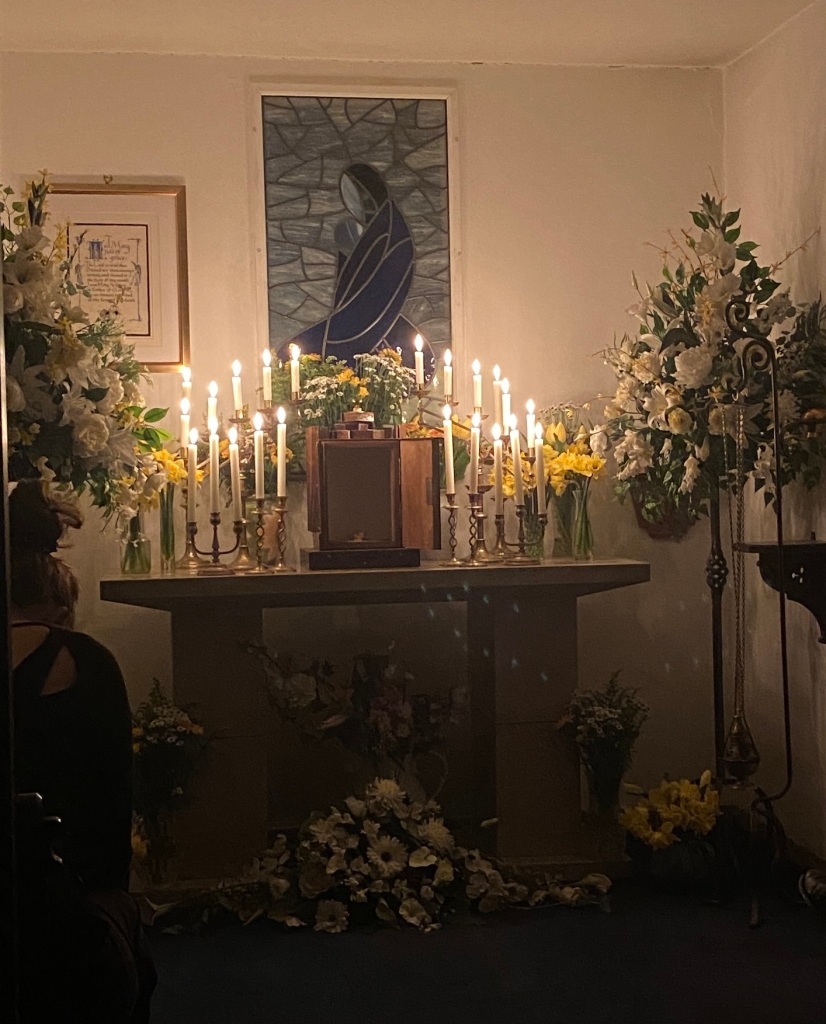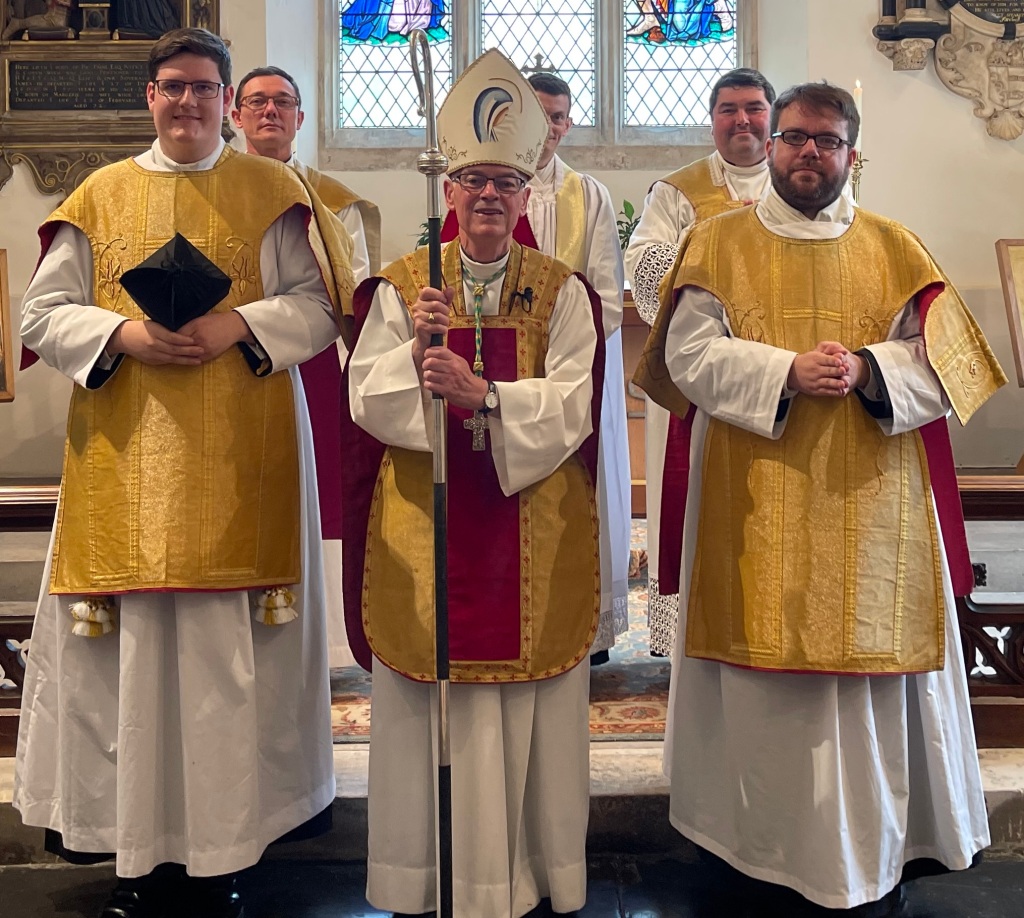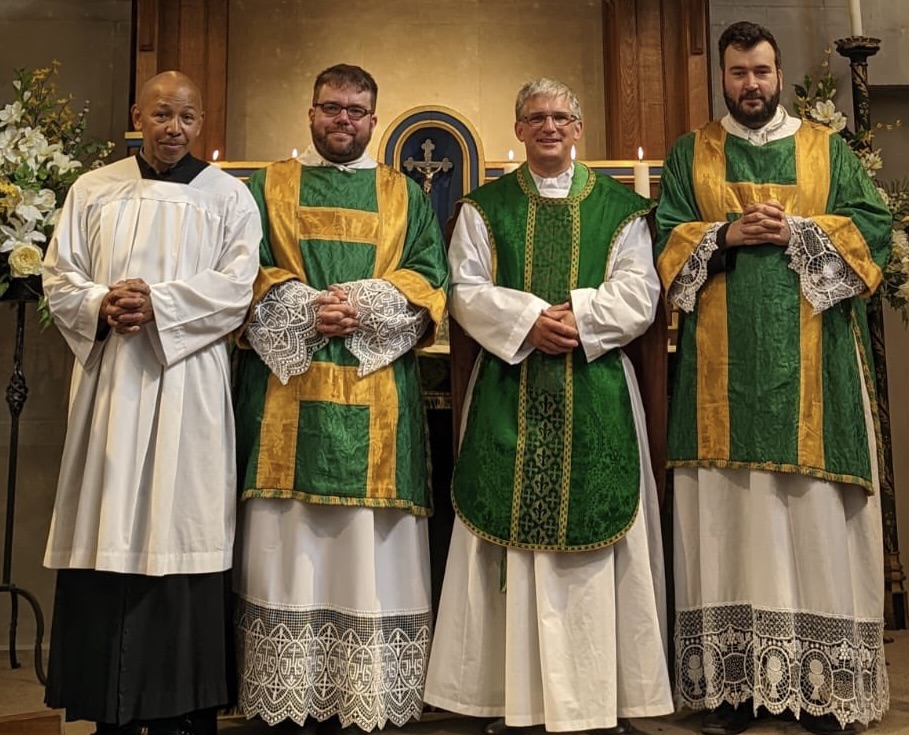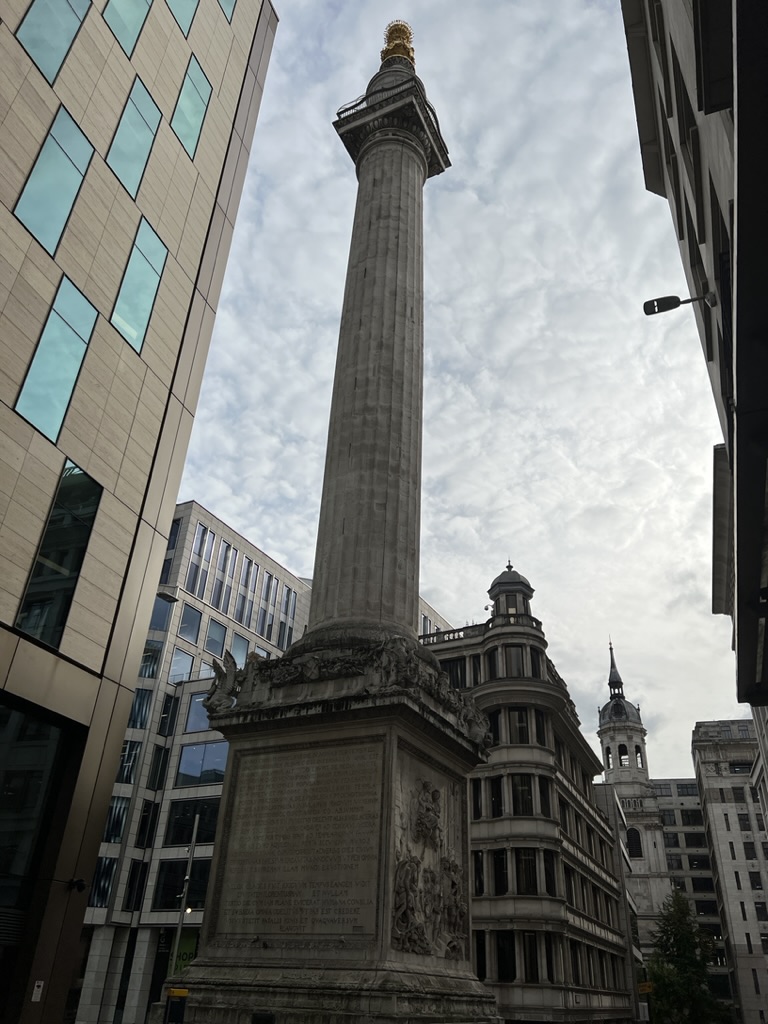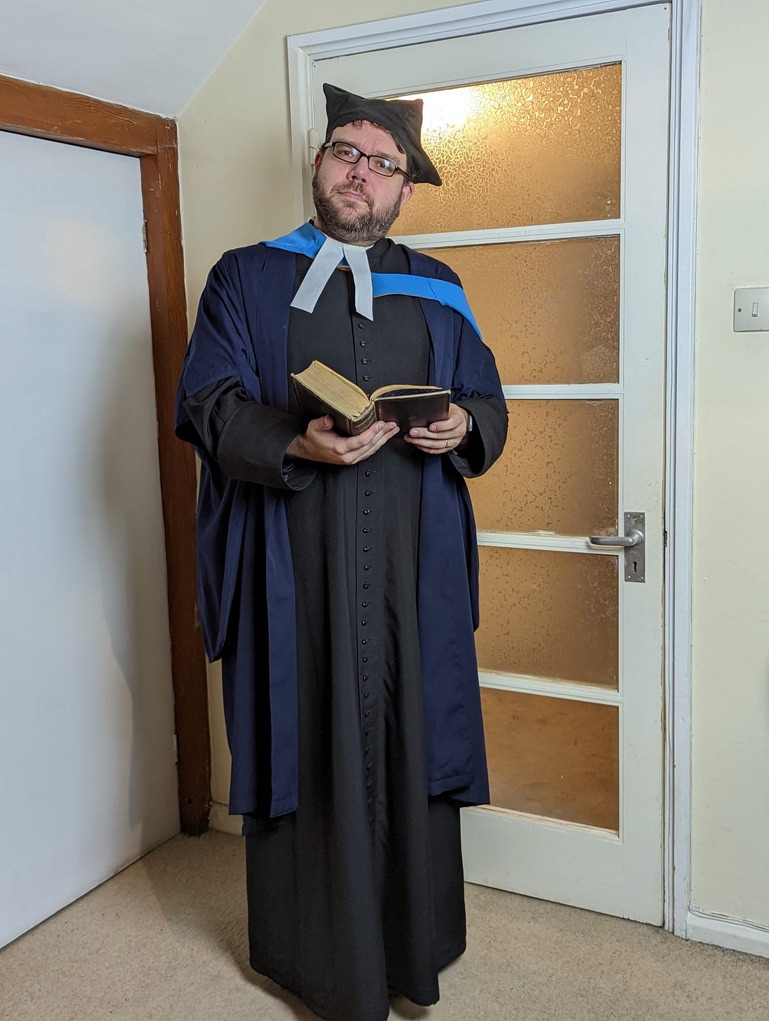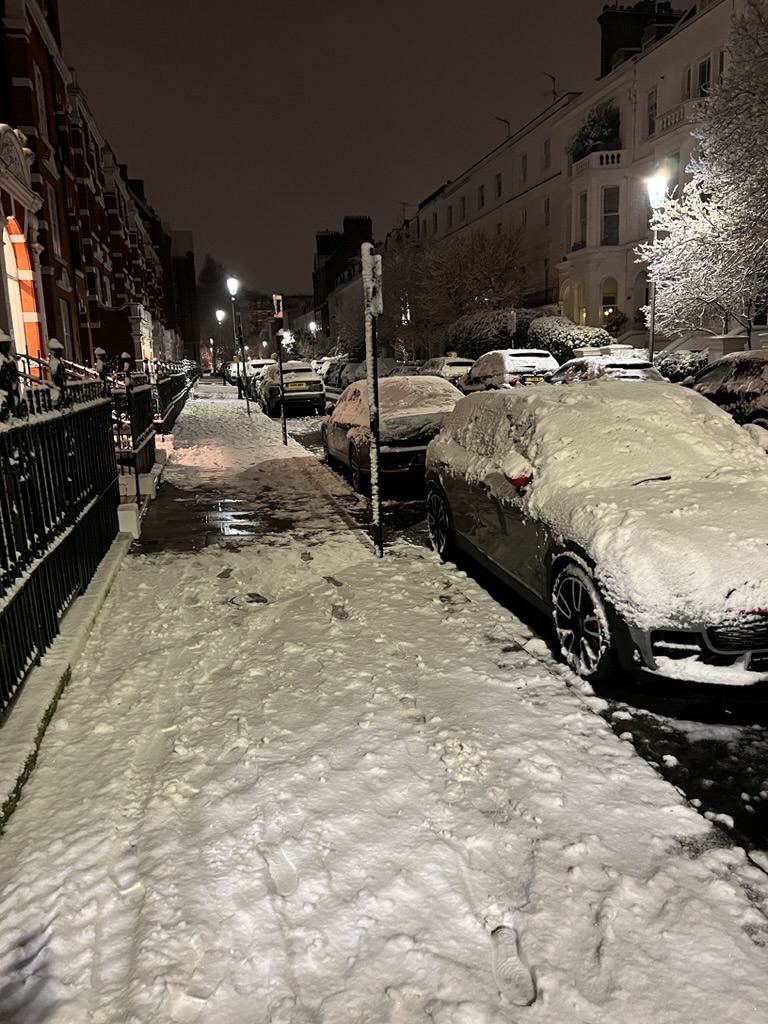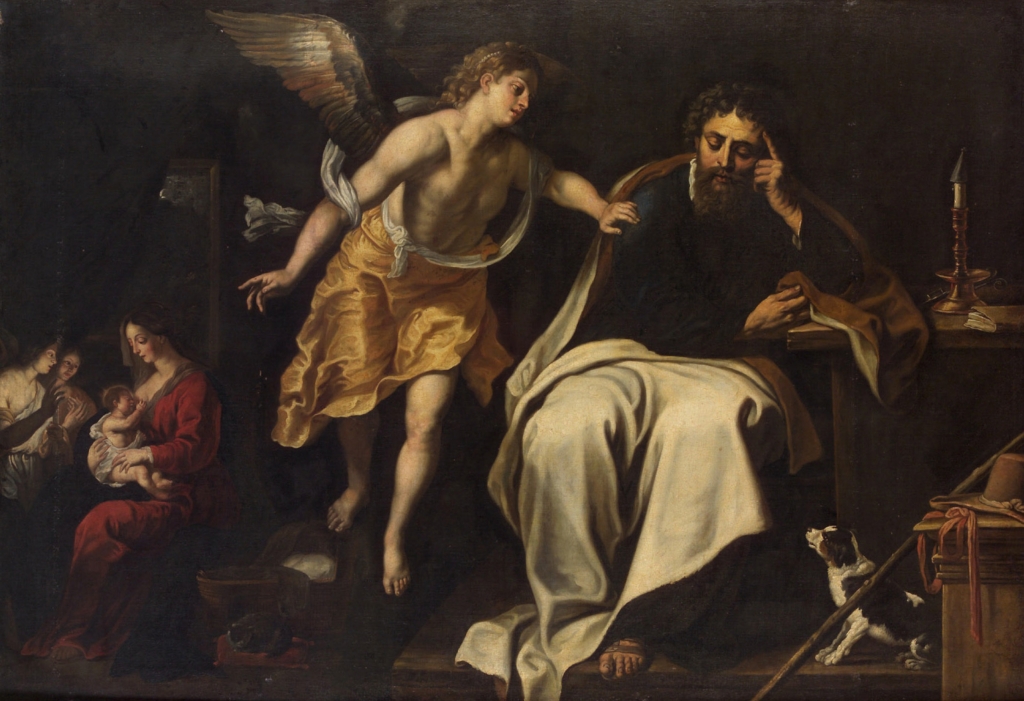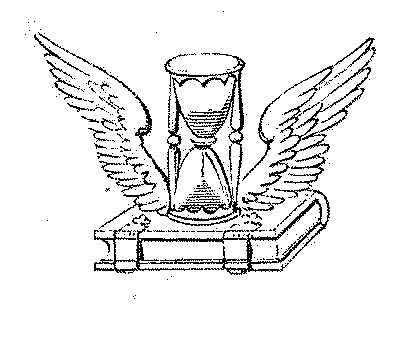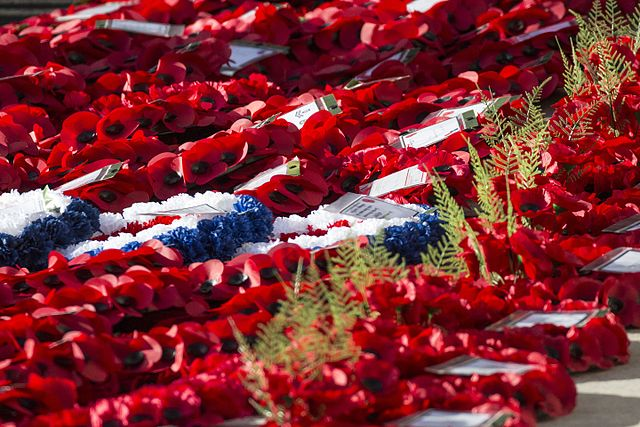Sermon, preached at Matins on the 11th Sunday after Trinity at St Mary Abbots Church, Kensington.
Lessons: 2 Kings 4.1-37, Acts 16.1-15
Let us pray: Father, all these words and thoughts that come from Thee, wilt Thou bless them and make them fruitful. And all those words that come not from Thee, but from our own vanity, wilt Thou forgive. Amen.
We have just heard in our New Testament lesson about the meeting between Paul and a woman called Lydia in the city of Philippi.
What does purple mean to you? What does it say? I have a friend from my days as a Chapel Intern in Oxford who is known throughout the diocese (and in the Prayer Book Society and on General Synod!) for only wearing purple, and to me, this part of Acts always makes me think of her, and how easy, these days, she finds it to find clothes in her colour of choice!
It didn’t used to be like that. Dyes were natural, not synthetic, and the dye for purple was made from a juice found in minute quantities in shellfish. It took thousands of crustaceans to make a yard or two of purple cloth. So it was very expensive, worth its weight in silver it was said. It was a statement of status and wealth, the Gucci handbag, the Rolex watch or Kensington townhouse of Roman times.
And that’s what Lydia is selling. She’s selling purple; purple cloth, purple robes, the power of purple. She’s not local. She’s from Thyatira, a town well known for making purple cloth. She seems to be the head of her household, there’s no husband around, even though she’s a travelling trader. And if she’s a seller of purple, she’s not poor, because she couldn’t have afforded her stock.
She’s not Jewish, but she believes in God. She’s what the Jews knew as a ’Godfearer’ – someone who worships in the synagogue, but hasn’t converted completely to Judaism.
So here is this rich, confident woman, meeting Paul for the first time. Who was never rich, and must have been anything but confident at that point in his ministry.
It had all started so well. Paul and Barnabas had travelled through Asia, founding churches and setting people on fire for the gospel. But they had come back to a less than rapturous welcome from the Jerusalem church, who wanted to know why they were baptising Gentiles. Then Paul had fallen out with Barnabas, and set off on his next journey with Silas instead.
In a way which he doesn’t explain, Paul felt the Spirit had forbidden them to go back to Asia. Wherever he tries to go he feels he is rebuffed, until finally he is called in a dream to Macedonia. He goes to Philippi, on the outer fringe of the Jewish diaspora, where he finds no synagogue where he could preach the gospel; so he goes to the river probably looking for Jewish leaders, and finds ’only’ women.
And there he meets Lydia. Lydia who has had her heart opened by the Holy Spirit, so that she can hear the message of God. Remember this verse: ” The Lord opened her heart to listen eagerly to what was said by Paul.”
It is excruciatingly difficult, sometimes, to talk to people about our faith. We get tongue-tied, we feel foolish, we feel that no-one could possibly be convinced by what we have to say. And that’s quite right, they can’t. But they can have their hearts opened by the Spirit, just waiting for a Christian to put into words, or better still into actions, the meaning of their faith in Jesus. We don’t have to convert people, the Spirit does that. All we have to do is speak honestly and openly about what faith means for us.
So Paul, who seemed this time to be on a mission that was going nowhere, meets the woman who will be the lynchpin of the church in Philippi. Other churches give him nothing but grief, the Philippians are a constant source of support for him, financial as well as spiritual. His letter to them is one of the warmest of the epistles. He’s founded a church in what seemed an unlikely place, and it’s been one of his success stories.
And it happened because he listened to the Spirit, heard and obeyed when the Spirit said “no”, went where the Spirit called him, and met Lydia the seller of purple, whose heart the Spirit had opened.
Sometimes – not all the time, but sometimes – there is a reason why things don’t seem to go right. The house sale that falls through. The job offer that doesn’t come. Sometimes it just is what it is, and we have to cope and try again. But sometimes it seems that it really is God’s providence; that he has a plan for us, and is just waiting for us to see it, listen to the voice of the Spirit, and follow.
Lydia, the seller of purple. Is this just a story of Lydia and Paul, or is it more? One of my favourite shows on television is Cruising with Jane McDonald – I love travel shows, and this is more or less what this part of Acts is! The book of Acts is a journey; a journey of the gospel from Jerusalem to Asia and then on to Rome. And here, near the middle of the story, as Paul leaves Asia for the first time, he meets Lydia the seller of purple.
Purple wasn’t just an indicator of wealth. It was a symbol of political power. The more important you were as a Roman senator, the more purple decoration you had on your tunic and your toga. The emperor, and only the emperor, would wear a toga made entirely of purple cloth. Purple was the colour of the Roman elite. In fact, it’s still not cheap -in 2008, a German scientist recreated purple dye using the ancient recipe, and found that the cost of 1 gram of purple dye was in excess of £1,000!
Some people claim that, in the running-up to his crucifixion, Our Lord himself was dressed in purple – perhaps that’s why our clergy wear purple during the penitential seasons of Lent and Advent?!
And here, as the message of the gospel crosses the Aegean and moves towards the heart of the Graeco-Roman world, here the imperial purple and the message of the kingdom meet. (Some people claim that Lydia was the first leader of a Christian congregation in mainland Europe – as a woman, nonetheless!)
But they don’t meet on a battlefield. They don’t meet in a trial of strength – ’my God is more powerful than your God’, or ‘Anything you can do I can do better’ (to quote Annie get your gun). How can a faith that’s based on a God who humbled himself to be a man, who was prepared to die for humanity because he loved us so much, who was prepared to submit to torture and degradation and humiliation – how can a faith like that truly be spread by power politics and strength of arms?
No, the battle between Roman power and the message of the Gospel meet in the heart of a woman. A woman who sold luxury goods to the elite and the powerful, but who knew there was something more to life. A woman whose heart was prepared by the Holy Spirit to hear the call of Jesus, and to follow him. May we, like her, as we just sung, dare to daily live God’s Word.
Amen.






